If you have been bereaved or affected by suicide or if you are supporting someone else, this section will help you to understand how a bereavement by suicide is different, how it affects people, ways to support and some practical issues to be aware of.
Our resources for survivors section features our Support After a Suicide Booklet. It also features books, poetry & prose (written by survivors) and films and videos which many people find helpful and reassuring. It is important to know that you are not alone, together we can help each other.
We all respond differently to any sort of bereavement. We are individuals who each had a unique relationship with the person who died. There is no right or wrong way to feel. When someone dies by Suicide it reaches out across the community like ripples on a pond. Families and friends are devastated, and many more are impacted.
This section will help you understand how Suicide can affect ourselves and the people around us.
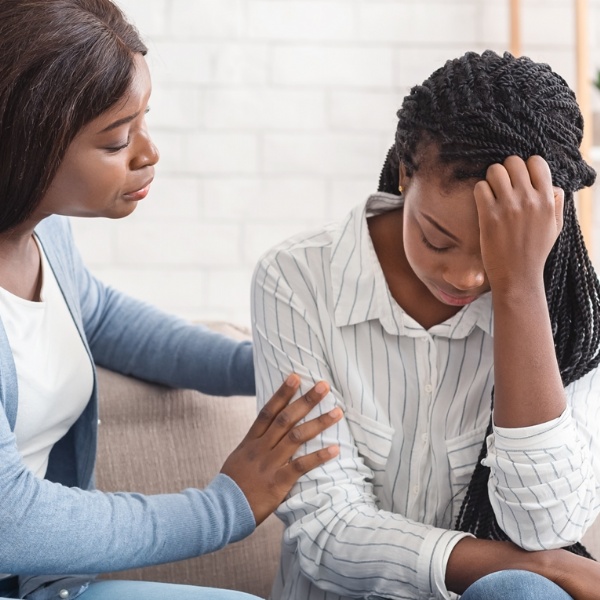
Bereavement by suicide shares characteristics with other bereavements and it is also different – it can bring an intensity and range of emotions and physical reactions which may be unfamiliar, frightening and uncontrollable.
We are all different. You may have some, all or none of the emotional or physical feelings described. Do not worry that you are not reacting in the "right way" – there is no right or wrong way and we all respond differently to a death by suicide.
Read more

There is no blueprint for how we react to and cope after a suicide. We each have our own relationship with the person who died and we all grieve in our own way and at our own pace.
When someone grieves in a different way to you, it doesn't mean that they don't care – they are just finding their own way to cope. But it can be hard if they behave in a way that you can't relate to. It can also be difficult to express our own grief around others if they are reacting differently, especially if those people also had a close relationship with the person who died.
Patience and understanding are helpful and it is important that you try and find somewhere you can share your feelings. Remember that there is support available from others from outside friends and family – this can provide a space to "be yourself" without having to worry about how others will react.
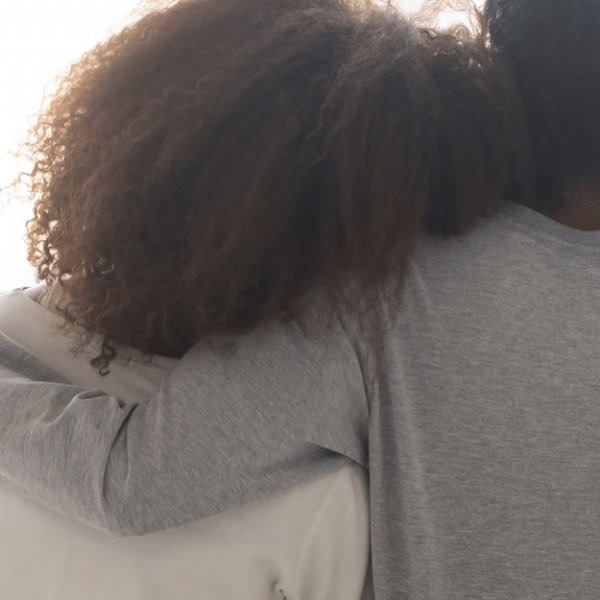
Those who have been bereaved by suicide are often haunted by two questions:
The sad truth is that we can never really know the complete answer, as the only person who could tell us is the person who died. They might not even have really understood themselves.
These questions are a normal part of the journey as we try to make sense of what has happened. We might each have our own thoughts or insights however we rarely have all the pieces of the picture. Eventually, you may find that you can settle on an answer that you can live with or that you can live with not knowing. Always know that help is available and there are people who can support you through this difficult journey.
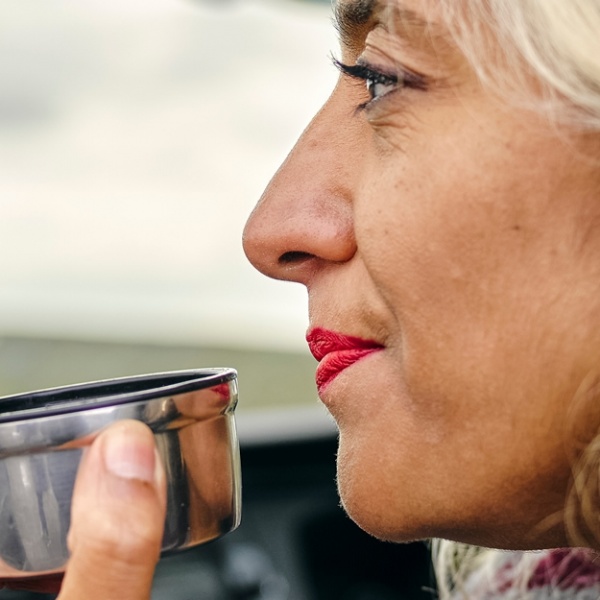
Death by suicide, even more than other types of bereavement, makes many people uncomfortable and unsure how to react. There is still a stigma attached to suicide, rooted in centuries of history and this generates misplaced associations of weakness, blame, shame or even sin or crime. This stigma can prevent people from seeking help when they need it and others from offering support when they want to. It can colour our perceptions, our thoughts and our actions – and we may not always be aware of it.
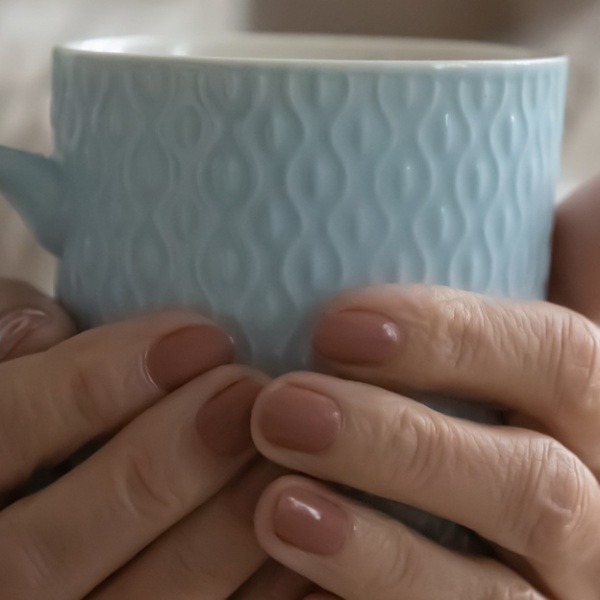
Providing support to those bereaved by suicide is key to helping them to cope and recover – survivors often express a strong sense of isolation and feeling alone at a time when they are hurting and vulnerable.
You may not have been affected by the death yourself or you may be both grieving yourself and having to support others at the same time. It is important to look after yourself so that you can support others.
Sometimes the bereaved find it difficult to accept help, they may push you away and become more isolated as a result. Be persistent, thoughtful and patient – as the months pass they will need more and more support, not less and less.
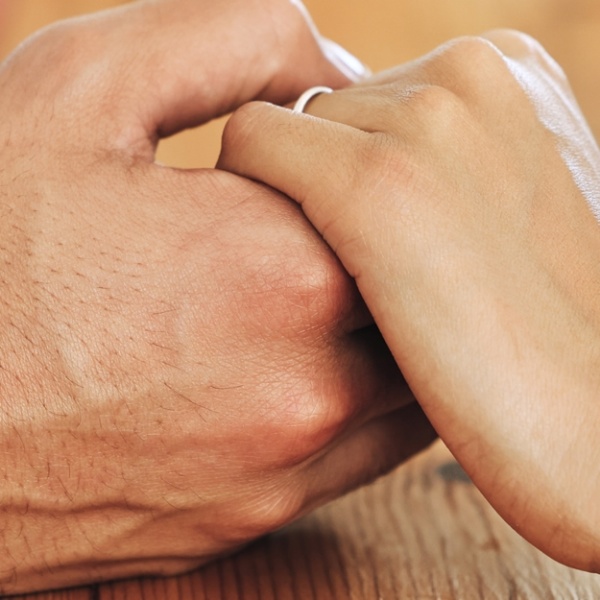
It is important that children and young adults who have been bereaved by suicide receive support and care as they understand what has happened and grieve for their loss. It can feel difficult to know what to do for the best – our protective instincts mean that we want to avoid causing them further pain. The task may be made harder by your own grief and the fear that you will not be able to say the right things or be able to understand and meet your child's needs.
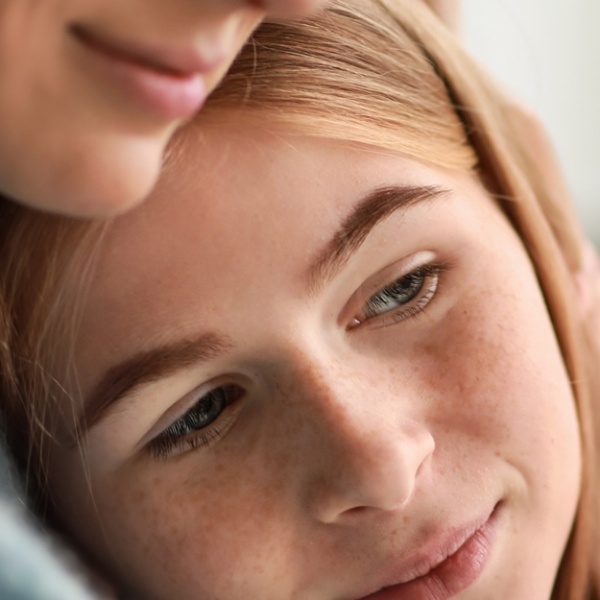
In this section, you will find information about common practical concerns or challenges faced by people bereaved by suicide.

Those of us who have experienced this terrible tragedy truly understand. None of us need to suffer alone. Together we help each other.
We help individuals support each other, at the time of their loss and in the months and years that follow. We aim to provide safe, confidential environments where people can share their experiences and feelings, giving and gaining support from each other.
Call our national supportline to talk about your loss, get help on being impacted by suicide or for information. Our phones are answered by trained volunteers who have been impacted by suicide, so they will hear you with compassion and understanding.
Please call 0300 111 5065, we are open everyday 9am-7pm
Our online community forum offers peer-to-peer support to those bereaved by suicide. Please click the image above to complete an application form to gain access to our forum. Forum applications will be approved within a couple of days. You must be over the age of 18 to access our forum.